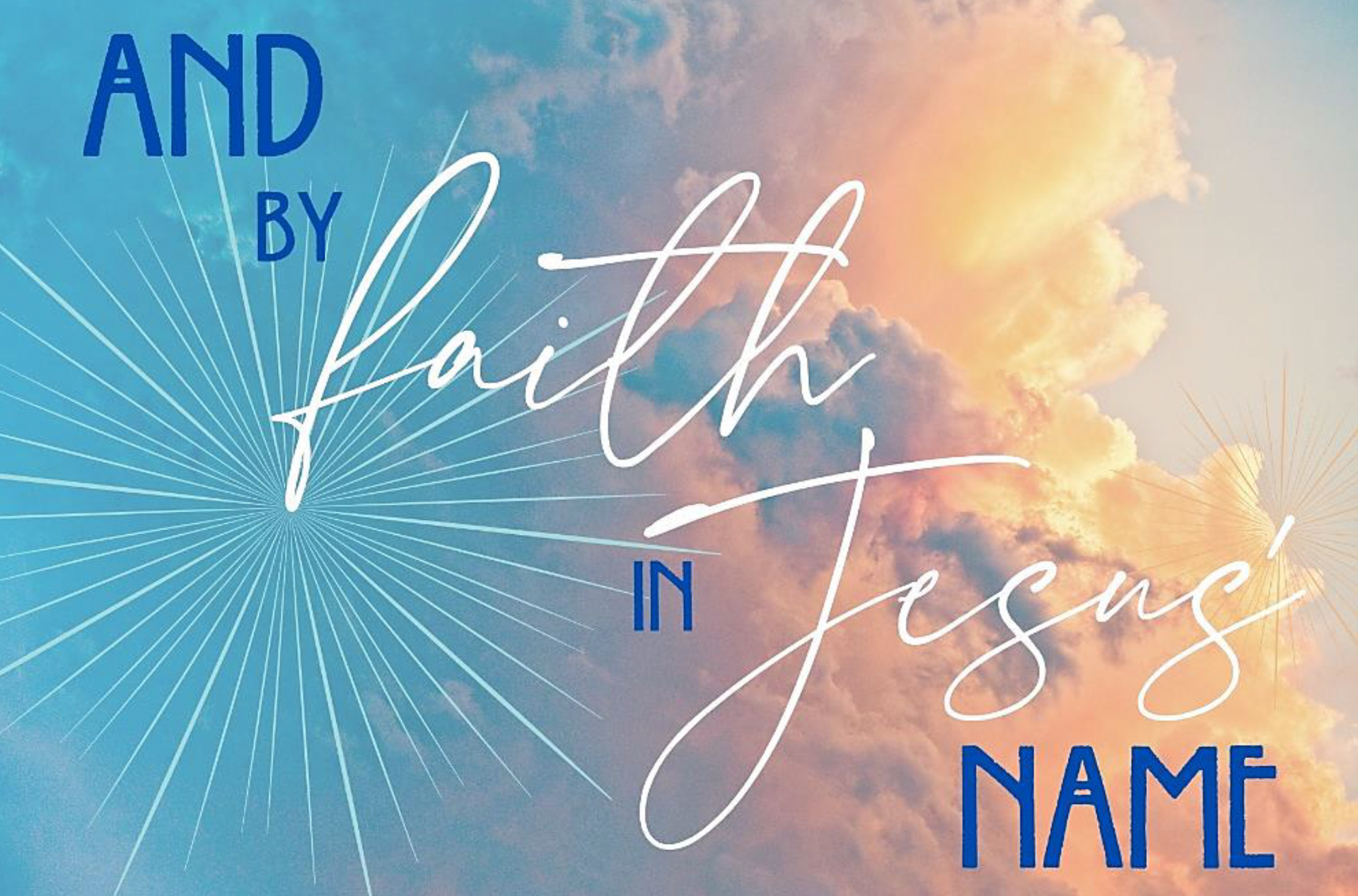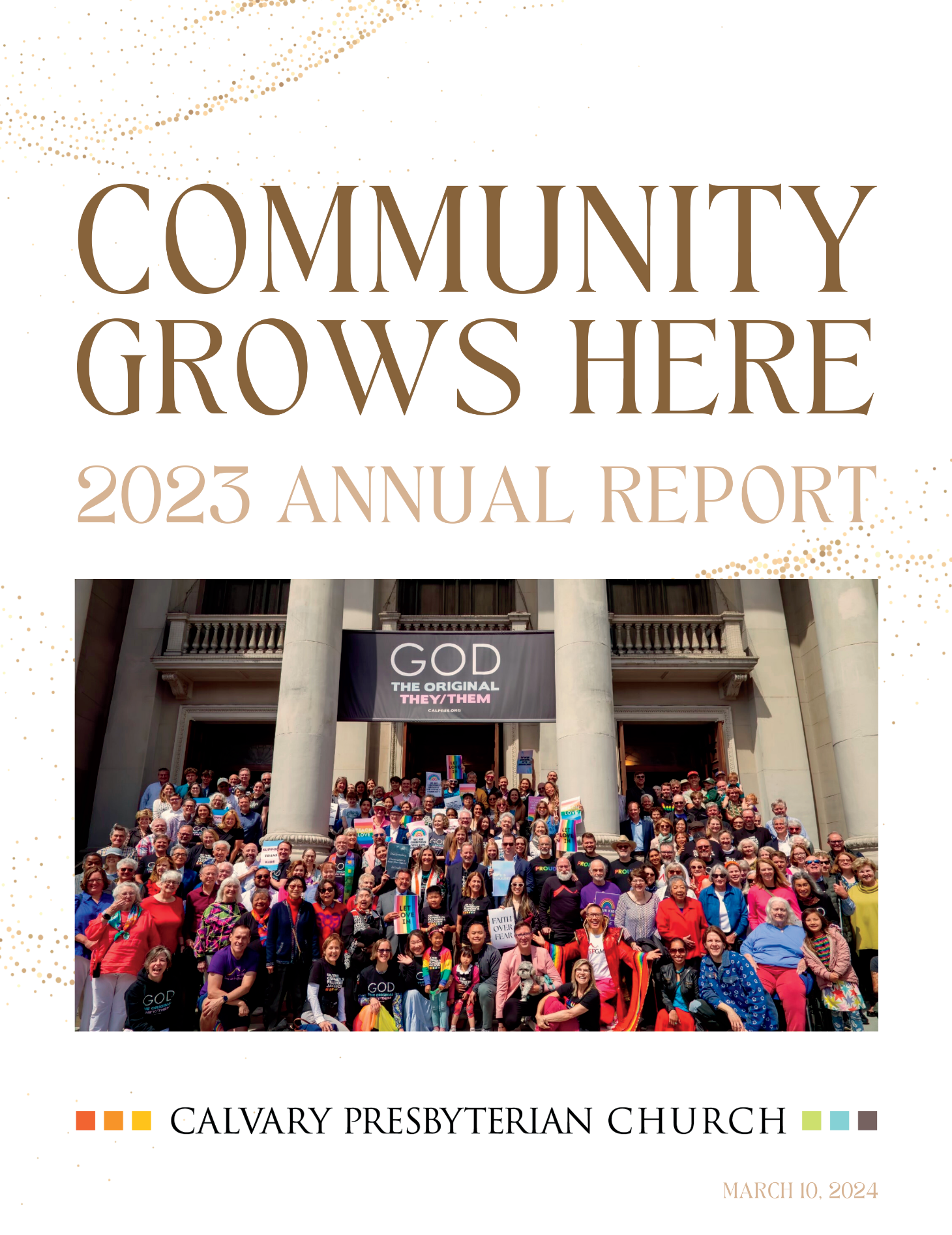Worship Service
Sundays at
10am
|
In-Person
or
Livestream
Here
What Would We Do Without Childcare?
After reading a post from our children’s former preschool director, I arrived at work, cut out a yellow circle, and wrote “I Wouldn’t Be Here (at work) Without Childcare” on it. We have survived as a family in San Francisco because of my education job at Calvary in tandem with all of the childcare and camps we have accessed while raising our two children. This motivated me to think about where we are with childcare and faith formation at Calvary, so I took pictures of the Calvary infant room, toddler space, Sunday Studio preschool area, art space, sensory room, labyrinth, and finally, my office. As I rode the elevator to my office, two Calvary Nursery School teachers were there. They said, “Hi Alison, I like the sign you are wearing.” I told them about the action set on Monday, May 9,
A Day Without Child Care: A National Day of Action when educators, directors, family members, advocates, allies, and Community Change engaged “in a wide range of activities to show the importance of childcare and early learning to families and our economy.” Some people will do a walkout to highlight the fact that educators “need to be paid living wages and families need access to affordable and high-quality care.” Community Change and many national, state, and local organizations and advocates will be engaging in this work. I learned about NAEYC, National Association for the Education of Young Children, during my first Early Childhood Education class. This organization encouraged educators to not simply close or walk out, but support educators, directors, and families who choose to engage in advocacy. Safe and loving childcare is the root of our communities and economy.
I moved to San Francisco with hopes of being an educator. My sister blazed the education path before me, so I was able to have a mentor. Our mother worked as an educator, but later stayed home while our father worked outside of the home. She was our first educator mentor, as well as our first community. For over 25 years in San Francisco, I have worked with middle schoolers (Calvary Youth), high schoolers (Calvary Youth and Convent of the Sacred Heart young women), and then moved into elementary (SFUSD Co-Chair of parent group), preschool (Sunday Studio, Calvary Nursery School, and preschool creative movement classes), toddler and infant care (Calvary childcare, Calvary Wednesday Playgroup, and toddler creative movement and music classes). When I was a high school teacher and academic tutor, I married and became a parent in the most expensive city. Most San Francisco parents are required to bring dual-income to the family table. It is impossible for both parents to work outside of the home without quality childcare. Because our extended families did not live in San Francisco, we had to connect with family day care for early support. Then we entered a community preschool model, private school, and finally public school that provided after school care, so we were able to drop off and pick up our children before and after our work shifts. Early childhood care, starting with infant and toddler care, is the most expensive and rare to access. Many young parents don’t save up for childcare costs, not because of negligence, but because the cost of living and incomes often don’t match up, no matter how many jobs they are working. My husband and I experienced many years of self-employment and salaried jobs. No matter what the job configuration, we needed to feel confident that our children were in a nurturing and safe environment while we were at work. Now that more parents are working salaried, contractor, or self-employed jobs from home, children still need someone to care for them during those work hours.
During my parenting years, I have been an educator who takes care of other people’s children during the workday or on Sunday while my children are cared for by other educators. I have met grandparents, parents, nannies, family daycare providers, and teenage mothers in early childhood education classes who understand how crucial financial and vocational support is for a family system to work. I met hundreds of nannies when we ran the Wednesday Calvary Playgroup in the Lower Level and then Calvin Hall over nine years. They struggled to stay employed after a child went to preschool and no longer needed care. They did not always have paid time off or other health benefits.
I continue to work with and learn from our teacher team while we care for children with different learning styles in various age-appropriate child environments. The fact that most educators cannot afford to live in the Bay Area, take time for professional development or fund their own classrooms or environments is the big red flag that we have been in dire straits for a long time. Children with childhood trauma or ACEs need educated caregivers and professionals to help them grow into confident and capable people. We know that people with trauma have a difficult time learning due to the brain and body responses. I am sure that teachers have experienced plenty of trauma themselves in the school environments over the years, especially during these pandemic years. Congress needs to change early childhood policies immediately to allow people to access affordable childcare and housing. There is no excuse to ignore care for children, families, and educators. Federal, state, and local funding is crucial. Head Start, the education organization supporting children infant to 5 years, began in 1965 by employing federal funds. We know that our 2022 world needs more than that. Learn more about how to advocate for childcare beyond the walls of Calvary and San Francisco. Find your own way to work with your local childcare, schools, and city to advocate on social media, in person or by writing to your congress representative.
#SolveChildCare
#ADayWithoutChildCare
#ECE
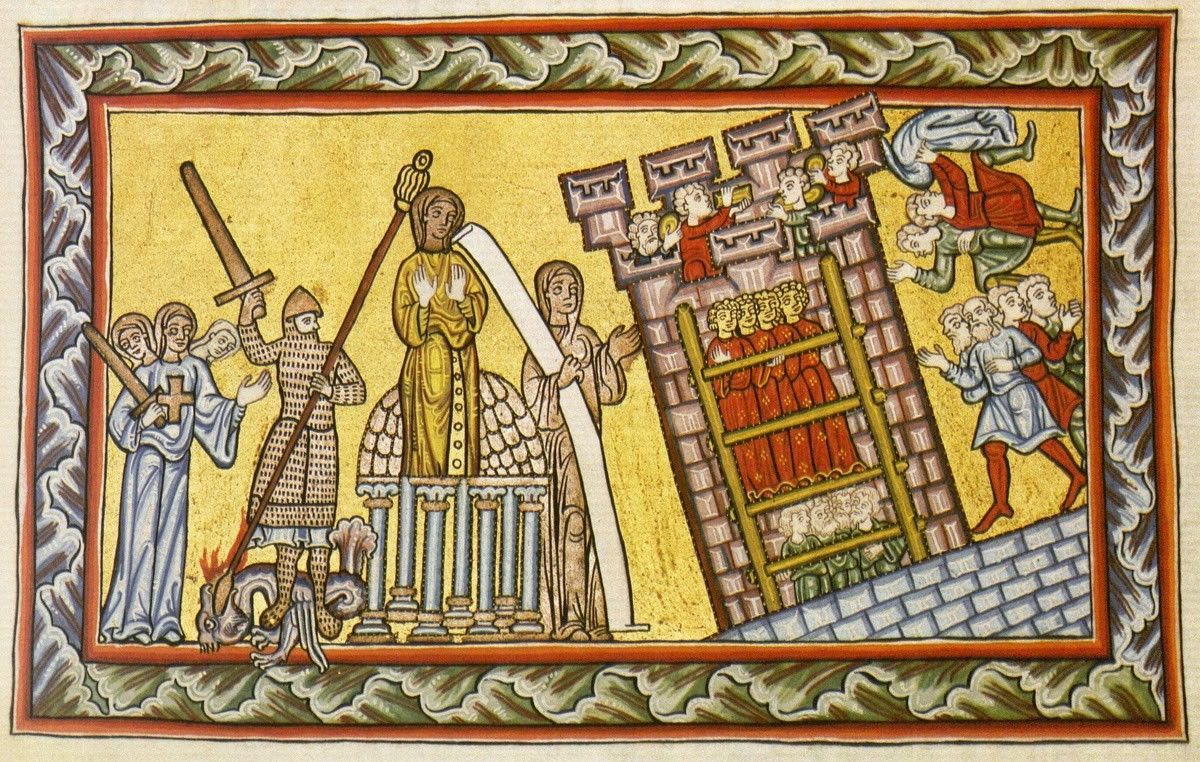
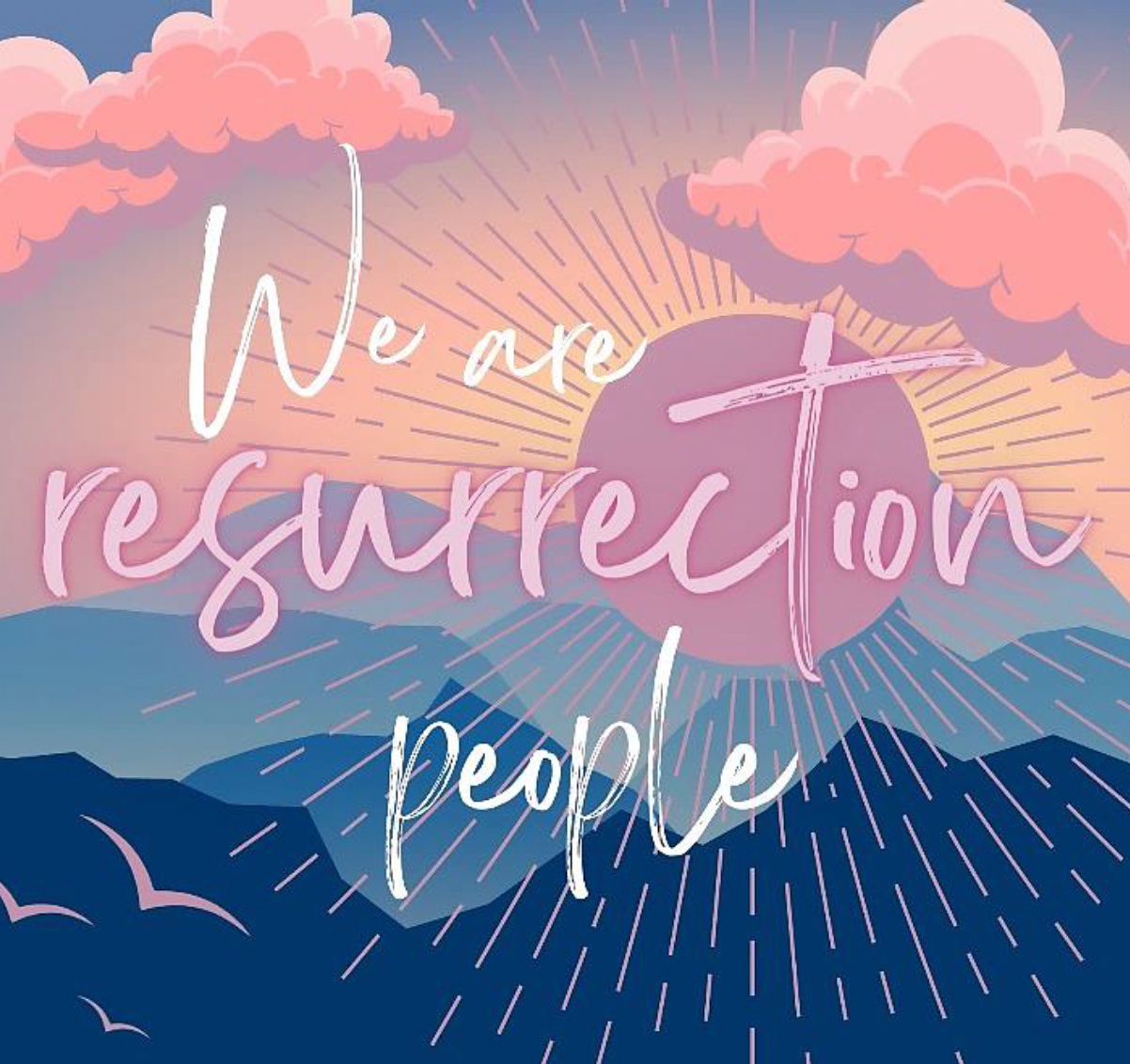




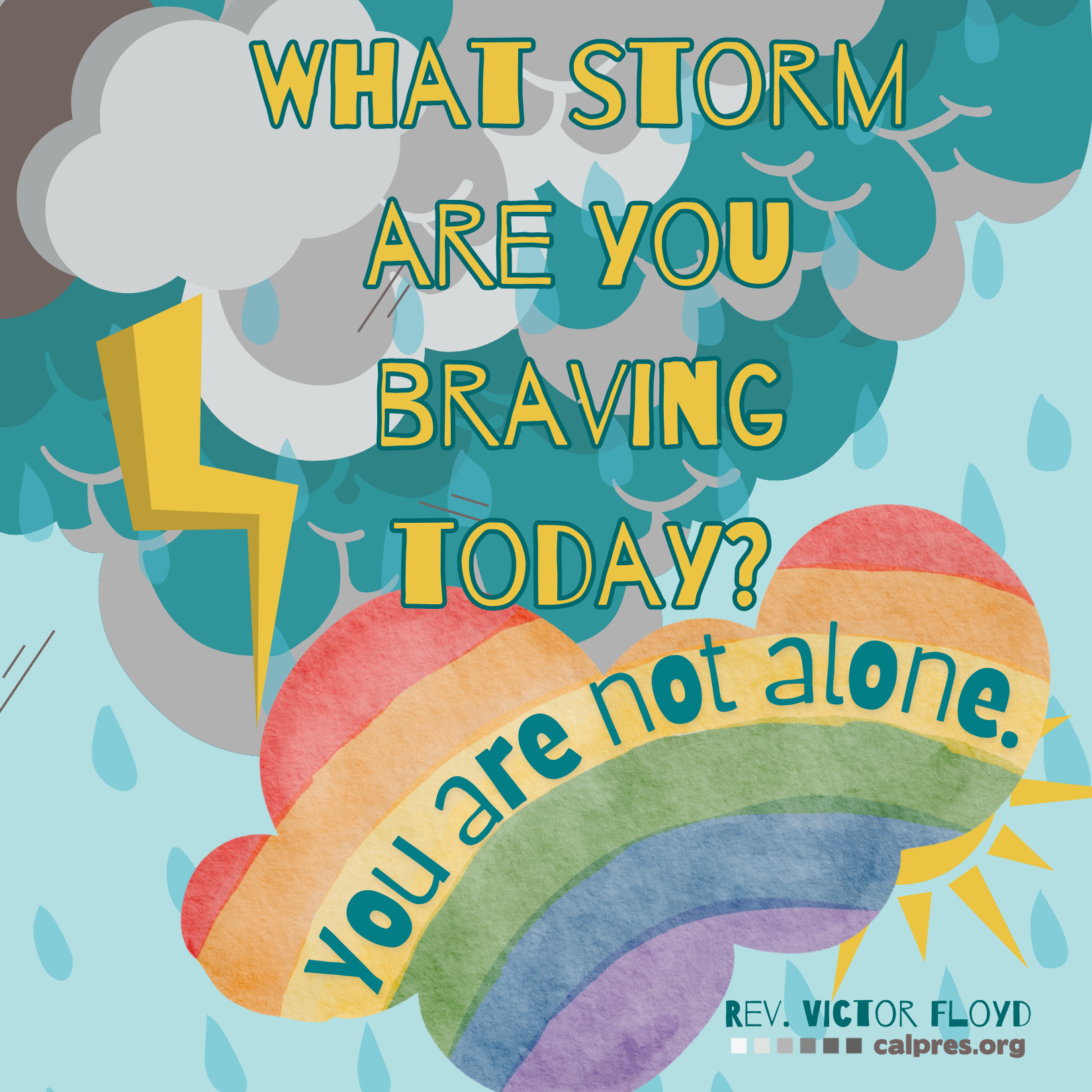
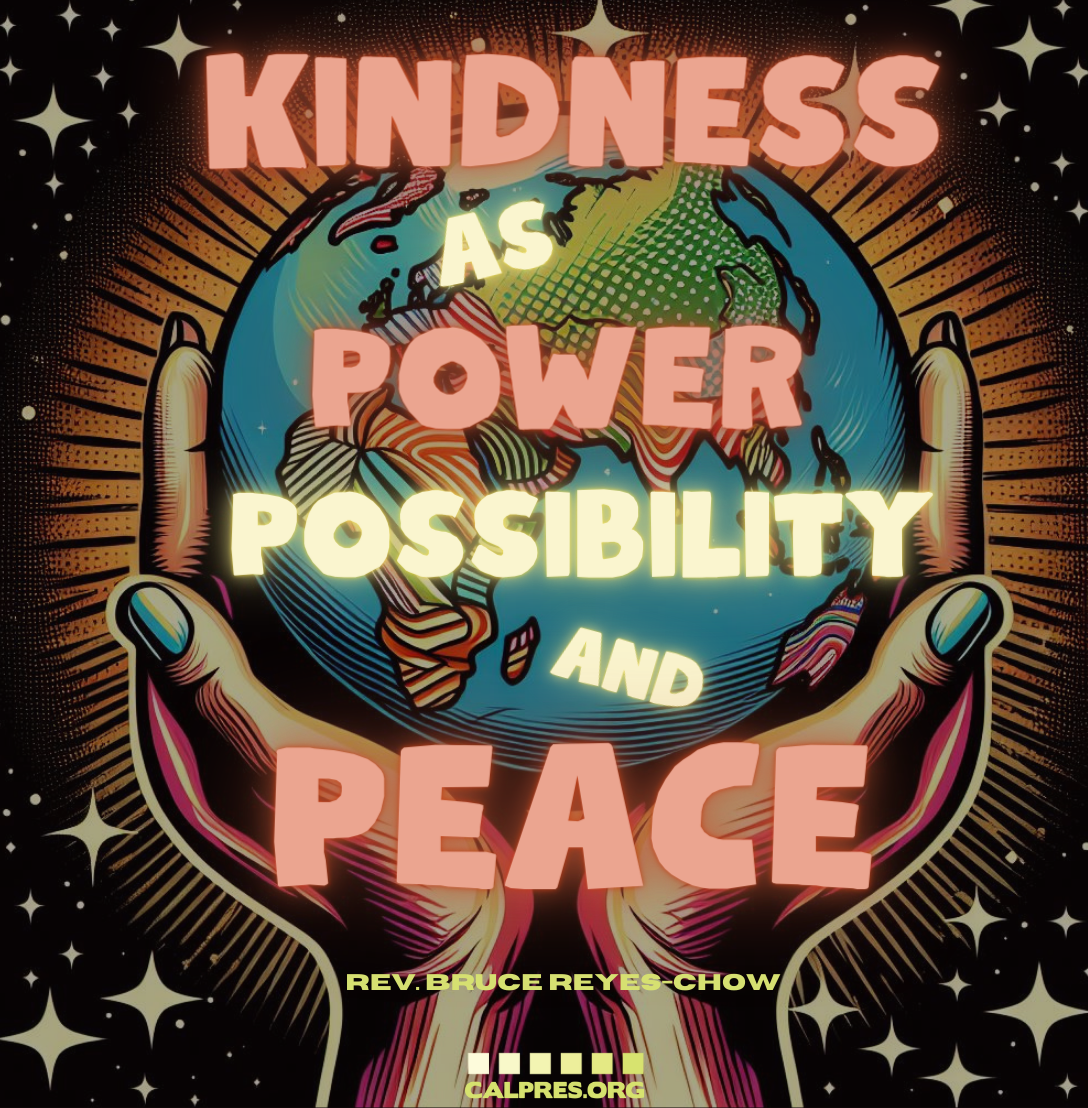
About Us
Our mission is to nurture and inspire our faith community to transform lives for Christ.
Church Office Hours
Sunday:
9:30am - 1pm
Monday - Friday:
10am - 4pm
Saturday: Closed
Contact Info
Calvary Presbyterian Church
2515 Fillmore Street
San Francisco, CA 94115
1 (415) 346-3832
info@calpres.org
Calvary is a 501(c)(3) nonprofit organization.
Tax ID # 94-1167431


